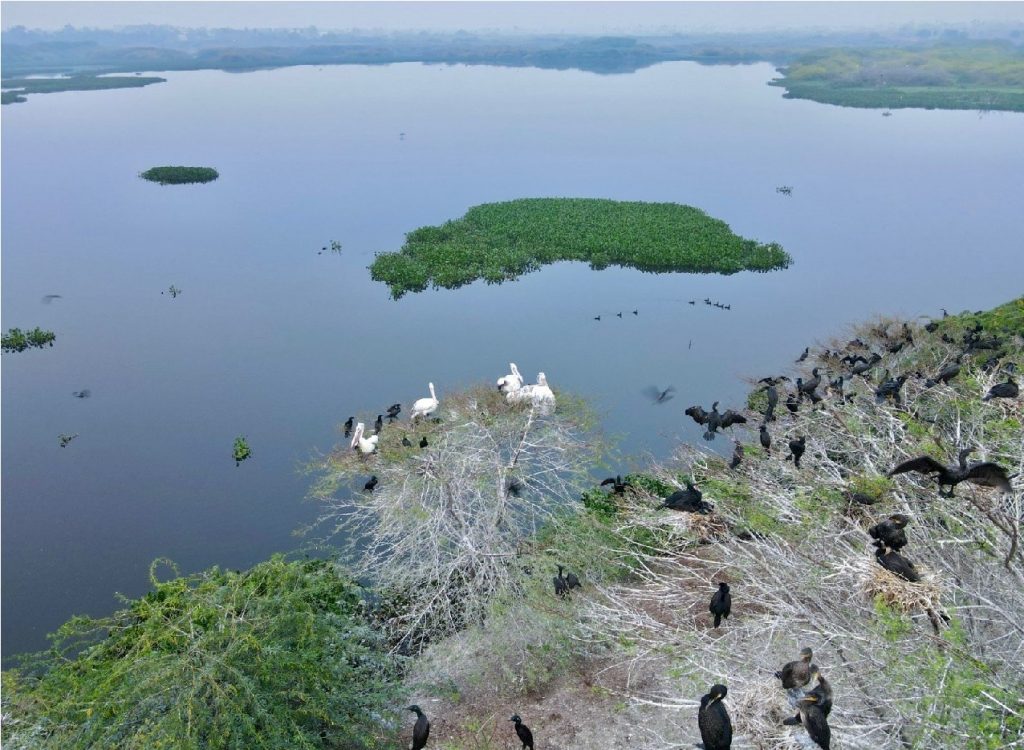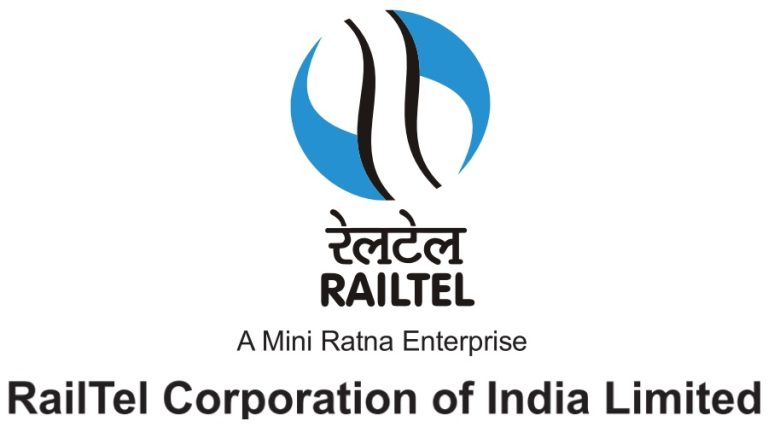In a significant boost to India’s wetland conservation efforts, Union Environment Minister Bhupendra Yadav announced the inclusion of three new sites into the Ramsar list, elevating the total number of Ramsar sites in the country to 85. The newly designated sites include Tamil Nadu’s Njarayan Bird Sanctuary and Kazhuveli Bird Sanctuary, as well as Tawa Reservoir in Madhya Pradesh.
The announcement, made just before Independence Day, marks a notable expansion of India’s commitment to preserving its wetlands. The 85 Ramsar sites collectively span an area of 1,358,068 hectares, reflecting the country’s dedication to environmental stewardship.
Indeed a joyous occasion for India that our Ramsar sites number rises, indicating the priority we accord to sustainable development as well as living in harmony with nature. Special compliments to the people of MP and Tamil Nadu.
— Narendra Modi (@narendramodi) August 14, 2024
We will continue to be at the forefront of such… https://t.co/O9K85DxzBZ
Minister Yadav highlighted the achievement on social media, attributing the progress to Prime Minister Narendra Modi’s vision for environmental harmony. He emphasized that the designation of these sites is a direct result of ongoing efforts to preserve India’s natural heritage, referring to the wetlands as “Amrit heritage” and underscoring the government’s continuous work in their conservation.
Tamil Nadu now leads the country with the highest number of Ramsar sites, boasting 18 in total. Uttar Pradesh follows with 10 Ramsar sites. Over the past decade, the number of Ramsar sites in India has surged from 26 to 85, with 41 sites being added in the past three years alone. This rapid increase reflects the significant policy efforts and governmental commitment towards wetland conservation.
The Ramsar Convention, an international treaty aimed at preserving wetlands worldwide, recognizes these sites for their ecological importance, ensuring they receive protection and sustainable management to maintain their vital roles in biodiversity and ecosystem services.












